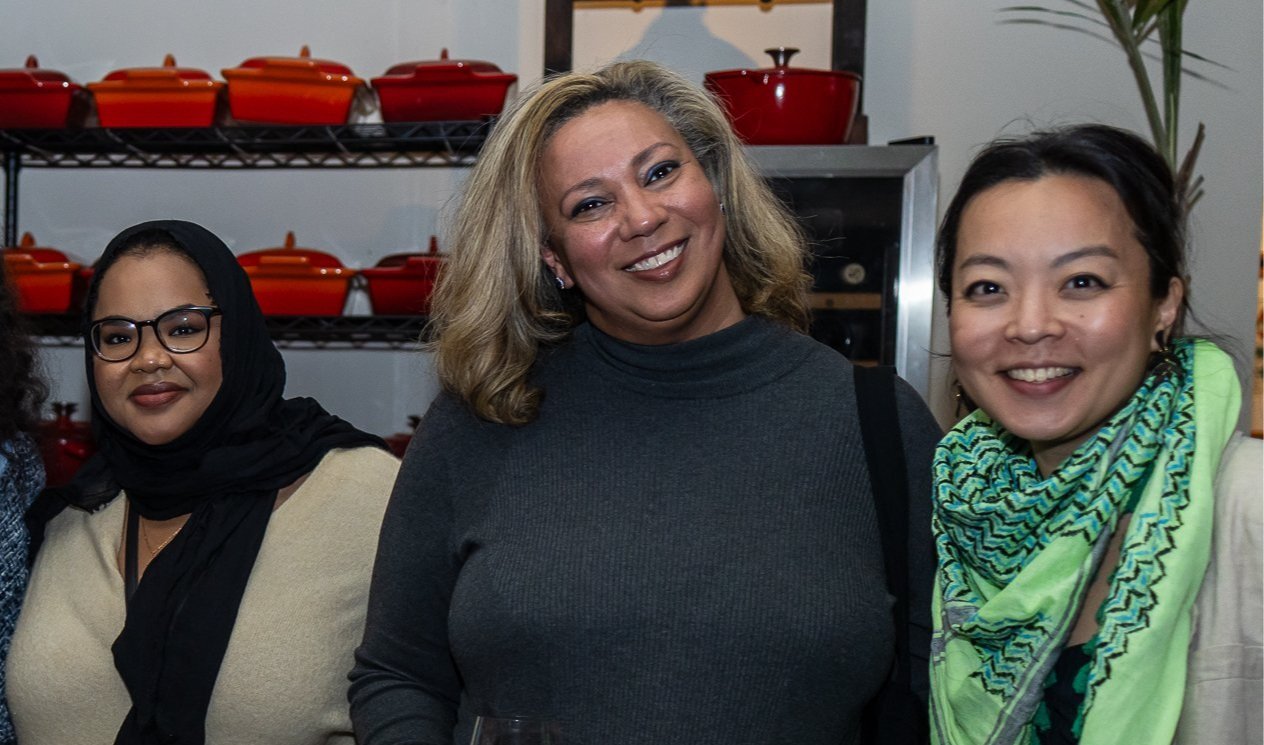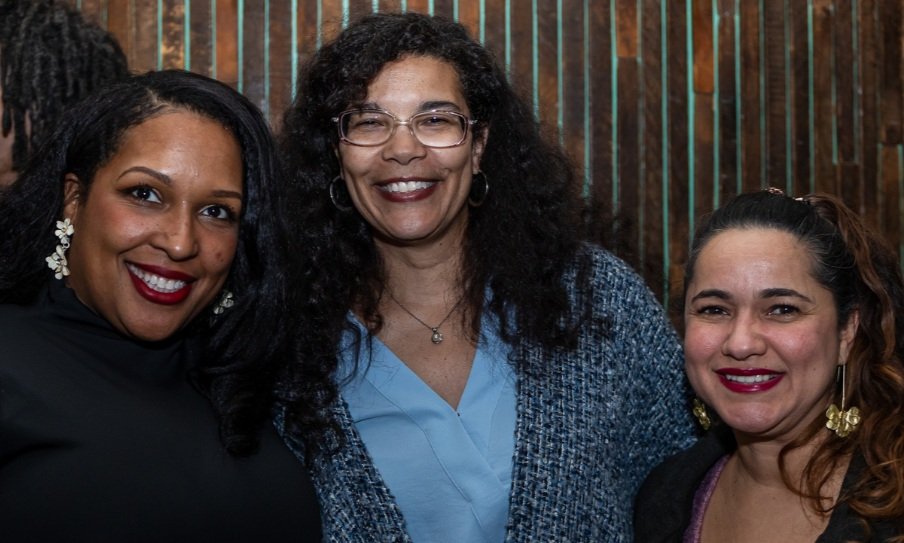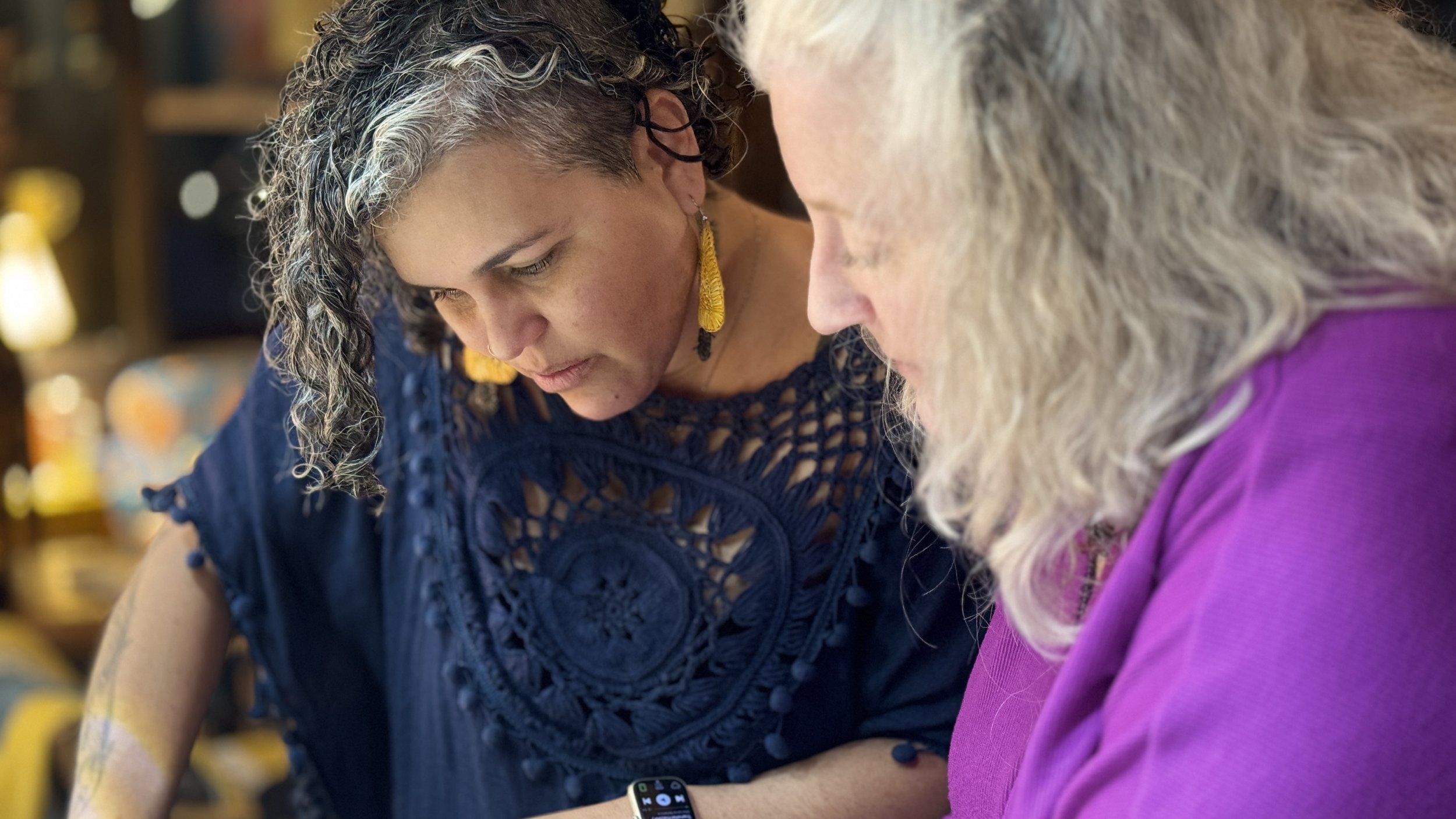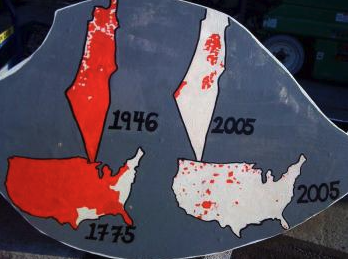
our blog
nINA collective blog

There’s What We Say and There’s What We Mean by What We Say: Understanding the Weaponization and Politicization of ‘DEI’
This piece is one of three parts meant to reflect on our current political moment and the implications of the racialized rhetoric that has been flooding political dialogue, particularly around the Democratic nominee for the November election: Vice President Kamala Harris. Inspired by a Twitter post, in our next three newsletter stories, we consider how the phrases “DEI,” “woke,” and “CRT” have functioned to vilify Black people.




Facilitating Difficult Conversations in Turbulent Times: Insights from nINA’s May 8 CHOIR Panel
In a world filled with political tension and societal divides, the skill of facilitating difficult conversations is becoming increasingly crucial, particularly when addressing complex issues like racial equity.



Navigating Change: Insights from nINA's Critical Theory Dialogue
At nINA, racial justice is at the core of everything we do. In a recent deep dive into Critical Theory versus Traditional Theory, led by our very own Member Director, Jacquie Boggess, we uncovered some powerful insights that are shaping our path forward.

nINA Community of Practice: A New Perspective
In the face of societal struggles and the challenges within our own circles, the collective commitment in 2024 is clear – we will not succumb to despair. Instead, we choose to amplify the joy and abundance within our community, turning these shared moments into a driving force for positive change. Our journey unfolds as a celebration marked by resilience and a profound shift towards highlighting the stories that bring us joy.

What does it mean to Decolonize?
We certainly do not have all of the answers at nINA, but we are committed to finding and following truth, and that means learning, and listening, and grappling when new information that is in tension with our previously held beliefs or understandings. This is how we participate in decolonization. In order to disrupt the mental and psychological elements of genocide and colonization that live in us, we must be willing to inspect old ways of thinking and to leave behind what is not aligned with our values.
